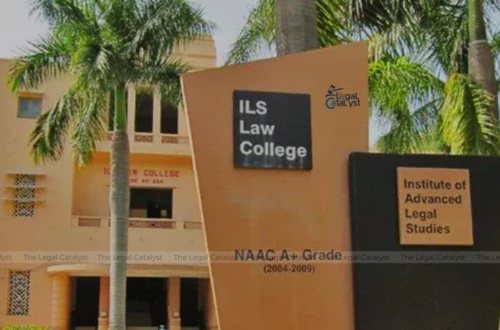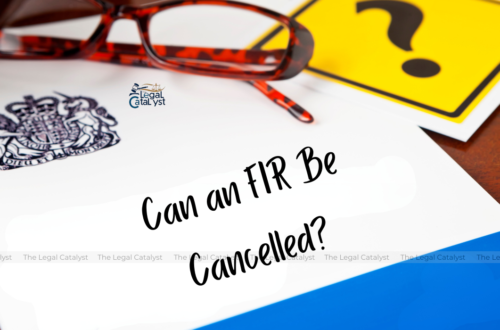The judicial system thrives on consistency, finality, and efficiency. To ensure that the same dispute is not re-litigated endlessly, courts apply a doctrine called Res Judicata. This legal principle bars the re-examination of a matter that has already been judicially decided. In simple terms, once a matter has been adjudicated by a competent court, the same parties cannot re-open the issue. They cannot do so in another suit.
Meaning of Res Judicata
The term Res Judicata is Latin for “a matter already judged.” It is codified in Section 11 of the Civil Procedure Code, 1908 (CPC) in India. The doctrine applies to both issues of law and issues of fact. These have been conclusively determined in a prior case involving the same parties and the same subject matter.
In essence, Res Judicata ensures that litigation has an endpoint. It prevents courts from being burdened with repetitive lawsuits over the same cause of action.
Why Courts Use Res Judicata
Res Judicata is used to serve three core purposes:
- Finality of Judgments: It brings closure to legal disputes. It ensures that a case decided by a competent court remains settled.
- Judicial Economy: Preventing repeated trials on the same issue saves time. It also conserves resources of both the courts and litigants.
- Consistency in Legal Decisions: It upholds the authority of judicial decisions and maintains the credibility of the legal system.
Illustrative Example
If person A sues person B over ownership of a piece of land, the court delivers a final verdict. After this verdict, A cannot bring a fresh suit against B. The new suit cannot be about the same land on the same grounds. Even if A frames the case slightly differently, the core issue having already been decided bars re-litigation.
Exceptions to Res Judicata
While the rule is strict, there are certain exceptions, such as:
- Cases decided without jurisdiction
- Fraud or collusion in obtaining judgment
- Change in legal circumstances
- Writ petitions involving fundamental rights (to a limited extent)
In Satyadhyan Ghosal v. Deorajin Debi (AIR 1960 SC 941), the Supreme Court explained that Res Judicata is not just a technical rule of procedure but a fundamental doctrine based on public policy.
Res Judicata plays a vital role in maintaining the integrity and efficiency of the judicial process. By preventing endless litigation, it upholds the authority of final decisions. It allows parties to move forward without fear of re-litigation. Courts use this doctrine not merely to lighten their dockets. They reinforce the rule of law and prevent the abuse of the legal system.
For law students, litigants, and legal professionals, it is essential to understand Res Judicata. This understanding helps in grasping how Indian courts strive to balance justice with judicial efficiency.
Connect with us on Instagram – X – LinkedIn for daily updates, quizzes, and other materials.
Also Read
What Is Habeas Corpus and Why It Matters







The following time I read a blog, I hope that it doesnt disappoint me as a lot as this one. I mean, I do know it was my option to learn, however I truly thought youd have something interesting to say. All I hear is a bunch of whining about something that you would fix in the event you werent too busy in search of attention.